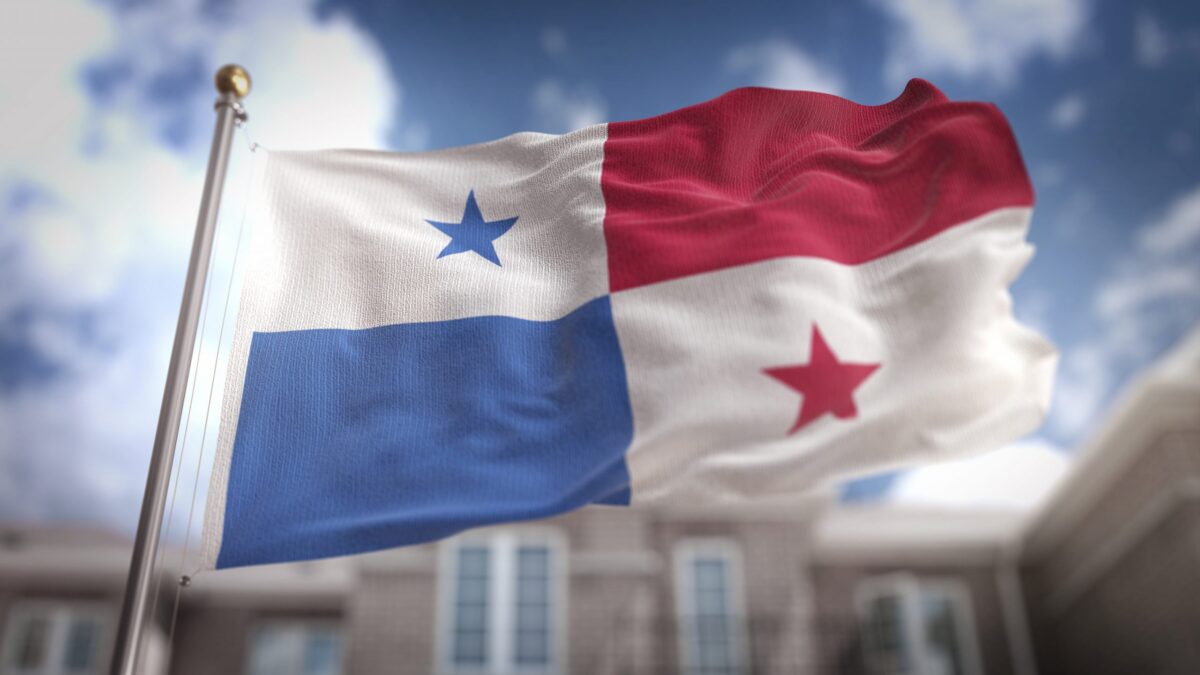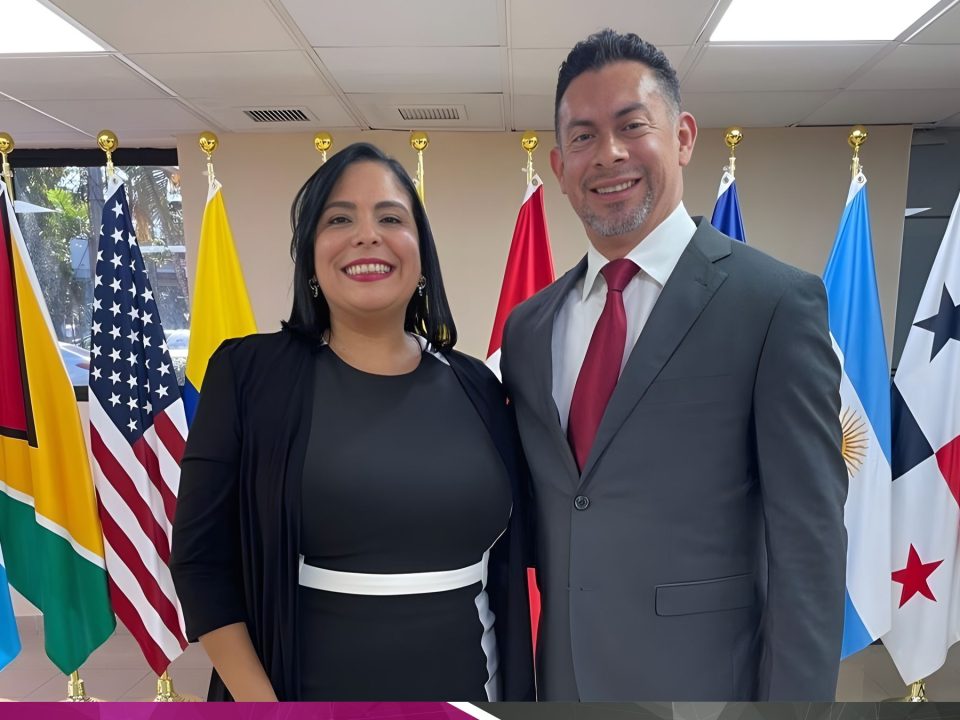
Global IP Awards recognizes Icaza, González-Ruiz & Alemán as Panama’s Trademark Firm of the Year
25/10/2023
Icaza, González-Ruiz & Alemán at IFA Cancun 2023
30/10/2023Panama removed from the Financial Action Task Force (FATF) gray list
In a momentous announcement, the Financial Action Task Force (FATF) excluded Panama from its gray list, following a process initiated in 2019. This decision represents an important milestone for the country, which has demonstrated its commitment to the fight against money laundering and terrorist financing.
The FATF gray list is a supervisory mechanism for countries that do not comply with international standards against money laundering and terrorist financing. Panama’s inclusion on this list in 2019 raised concerns about the transparency of the country’s financial system.
In recent years, Panama has taken significant steps to address these concerns. These measures include:
- Updating the National Risk Assessment, which includes a more comprehensive assessment of money laundering and terrorist financing risks in the country.
- Increasing staff and resources for the Financial Analysis Unit (UAF), which is responsible for investigating money laundering and terrorist financing cases.
- The implementation of a risk-based supervision plan for regulated entities, which are individuals and entities that are required to comply with anti-money laundering and terrorist financing laws.
- The adoption of a lower threshold for domestic tax evasion, demonstrating that the country is committed to international cooperation.
- The AML/CFT (Prevention of Money Laundering and Terrorist Financing) regulation was modified, increasing the penalties for non-compliance up to 5 million balboas (Law 254 of 2021).
- The Single Registry of Beneficial Owners (RUBF) was adopted by means of Law 129 of 2020, which currently has an advance of 82% of the information population and the verification of the corresponding information is also being implemented.
- In conjunction with these actions, the following AML/CFT laws have been enacted since 2019: 70, 116 and 123 of 2019; 124 and 129 of 2020; and 254 of 2021. In addition, the issuance and publication of the Executive Decrees enacted from 2019 to date: 905 of 2019, 721 of 2020 and 13,15 and 35 of 2022.
The exclusion of Panama from the gray list is a recognition of the progress that the country has made in terms of transparency. This decision will have a positive impact on the Panamanian economy by facilitating foreign investment, improving access to credit and strengthening international relations.
Benefits for Panama
The exclusion of Panama from the FATF gray list will have the following benefits for the country:
- Improved international image: The exclusion of Panama from the gray list will strengthen the country’s image internationally, as a country committed to transparency and the fight against money laundering and terrorist financing.
- Increased foreign investment: The exclusion of Panama from the gray list will facilitate foreign investment, which will boost the country’s economic growth.
- Improved access to credit: Panama’s exclusion from the gray list will facilitate access to credit for companies and individuals, which will support investment and economic growth.
- Improved correspondent banking and international relations: It will lead to a significant improvement in relations between Panama’s local banks and their international correspondents. The basic links necessary for financial operations will be strengthened.
- Reduced pressure on the financial system: With the elimination of the pressure associated with special reviews, Panama’s financial system can operate more effectively and with greater confidence.
- Benefits for the insurance and securities industry: The removal of Panama from the gray list will attract the world’s leading reinsurers, which will be able to establish themselves in Panama and serve the Latin American market.
Panama’s exclusion from the FATF gray list is an important achievement for the country. This recognition is the result of the joint work of the Panamanian authorities, the private sector and the international community.
Source: Press release from the Presidency of the Republic of Panama








